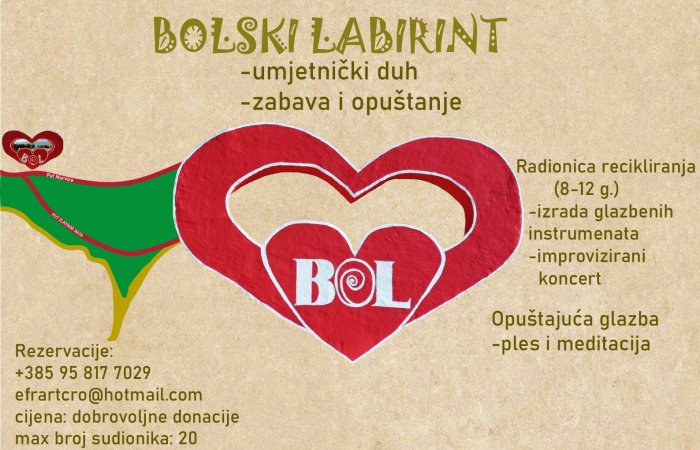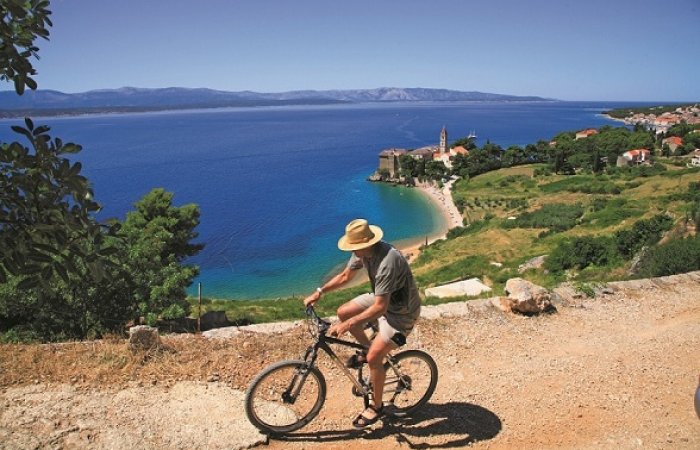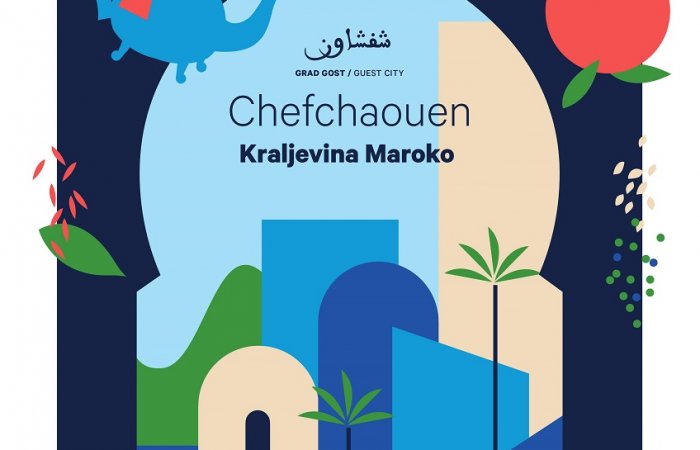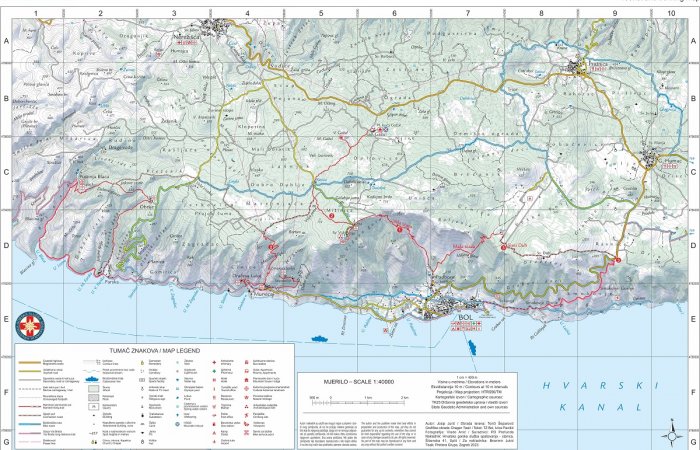Economy
Little has changed in terms of economy since the Croatians arrived to the island until the 15th century, when Bol descended to the coast. It was only then that the fishing started and in general people become more sea oriented. In addition, agriculture was expanding at the account of cattle-breeding. Agriculture, sailing and fishing became the main sources of existence. It was only at the beginning of the 20th century, especially its second half, that the traditional occupations were abandoned and replaced by tourism.
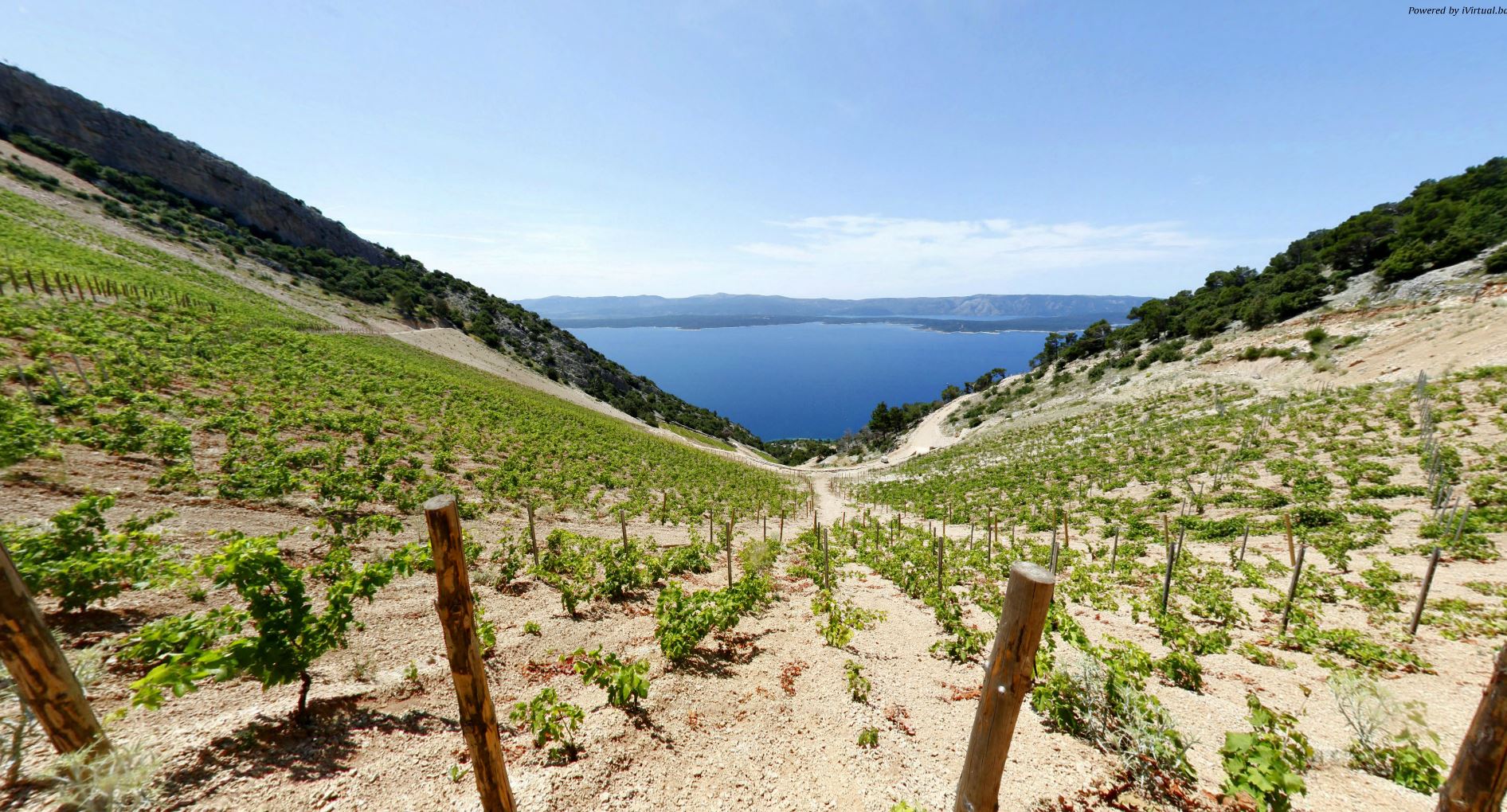
Wine-growing
Wine-growing started prospering at the beginning of the 19th century (the outbreak of Phylloxera at west). Wine conjuncture motivated Bol residents to clear olive groves in order to free the area for planting vineyards. However, the conjuncture did not last long, since on 6 December 1891, a wine clause was introduced to the trading agreement between Austria and Italy (abolished in 1905), and Phylloxera appeared in 1894. The consequences were fatal (emigration).
Olive-growing
Bol residents cleared olive groves to either free the space for vineyards or simply neglected the olive-groves, so that for the last two centuries this economic branch was not significant. It was only more recently that the olive-growing has progressed, many new trees were planted, and the old olive-groves were renovated.
Fishing
After Milna, Bol was the most developed fishing settlement on the island. One third of Bol residents lived off fishing. Before the Second World War, there were 13 oily fishing groups in Bol during summer. Cca 200 tons of oily fish (which was salted) were caught during season. No one lives from the fishery alone these days. It is mainly an additional occupation.
Bol residents gave a large contribution to fishing promotion in Europe. The modern tuna fishing started on the Adriatic and in Europe in 1929 when the first Adriatic tuna-boat, Napredak (progress) from Bol sailed under the leadership by a Bol resident Antun Vilicic in collaboration with his friends, fishermen Antun Pesutic and Vicko Breskovic, also residents of Bol.
Navigation
The golden age of Bol navigation was the second half of the 18th century. At that time, Brac was the third navigational center on the Croatian Adriatic (after Boka and Losinj), and on Brac, Bol was the leader. Somewhere around 1800, Bol had 15 patented ships (at that time Split did not have such ships). At the end of 17th century, there was one shipyard functional in Bol.
Trade and handicraft trades have always been developed in Bol, and lately so has tourism.

